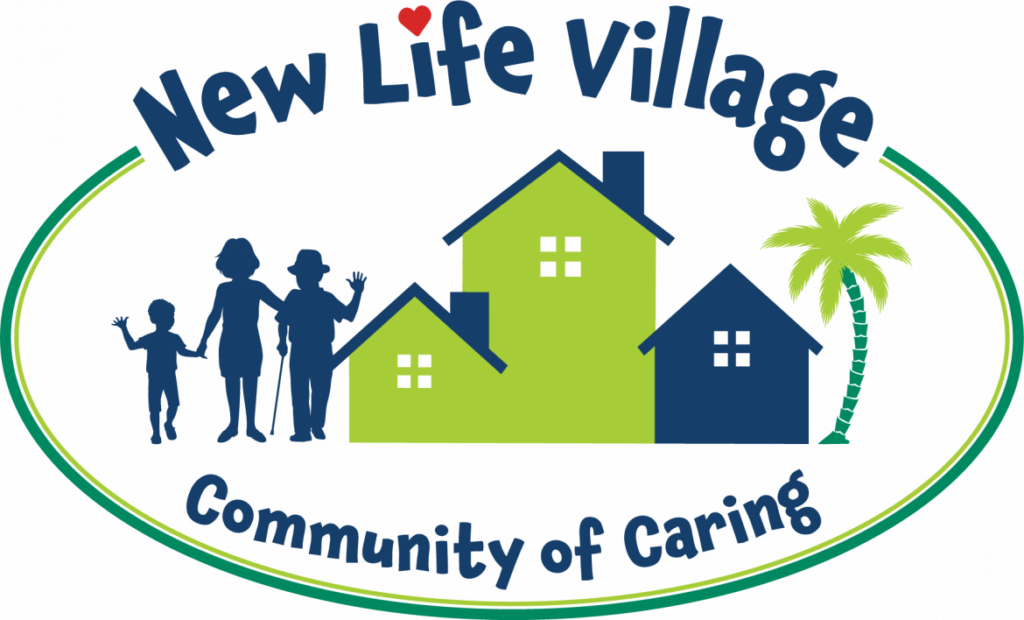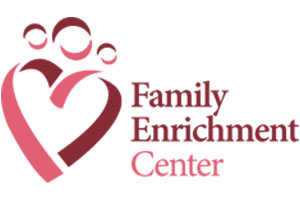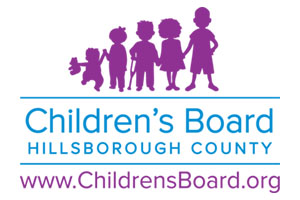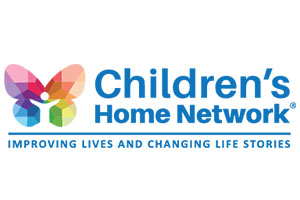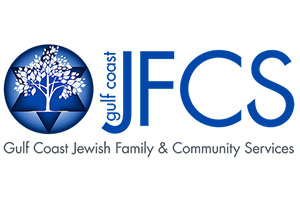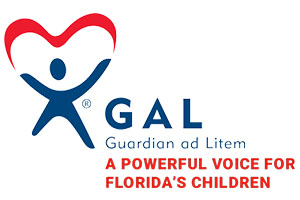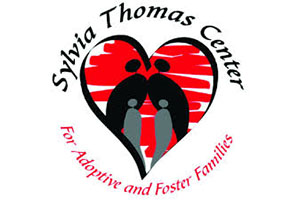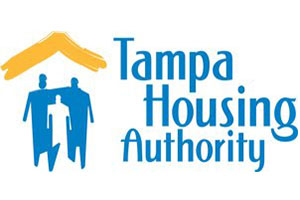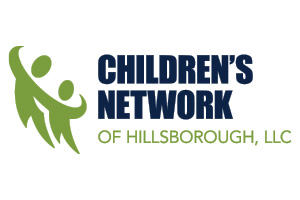NLV is an intentional community designed to interrupt the cycle of instability and to provide a safe place for children affected by trauma, their caregivers and seniors to flourish together. NLV serves residents at the cross roads of the local foster care and affordable housing crises.
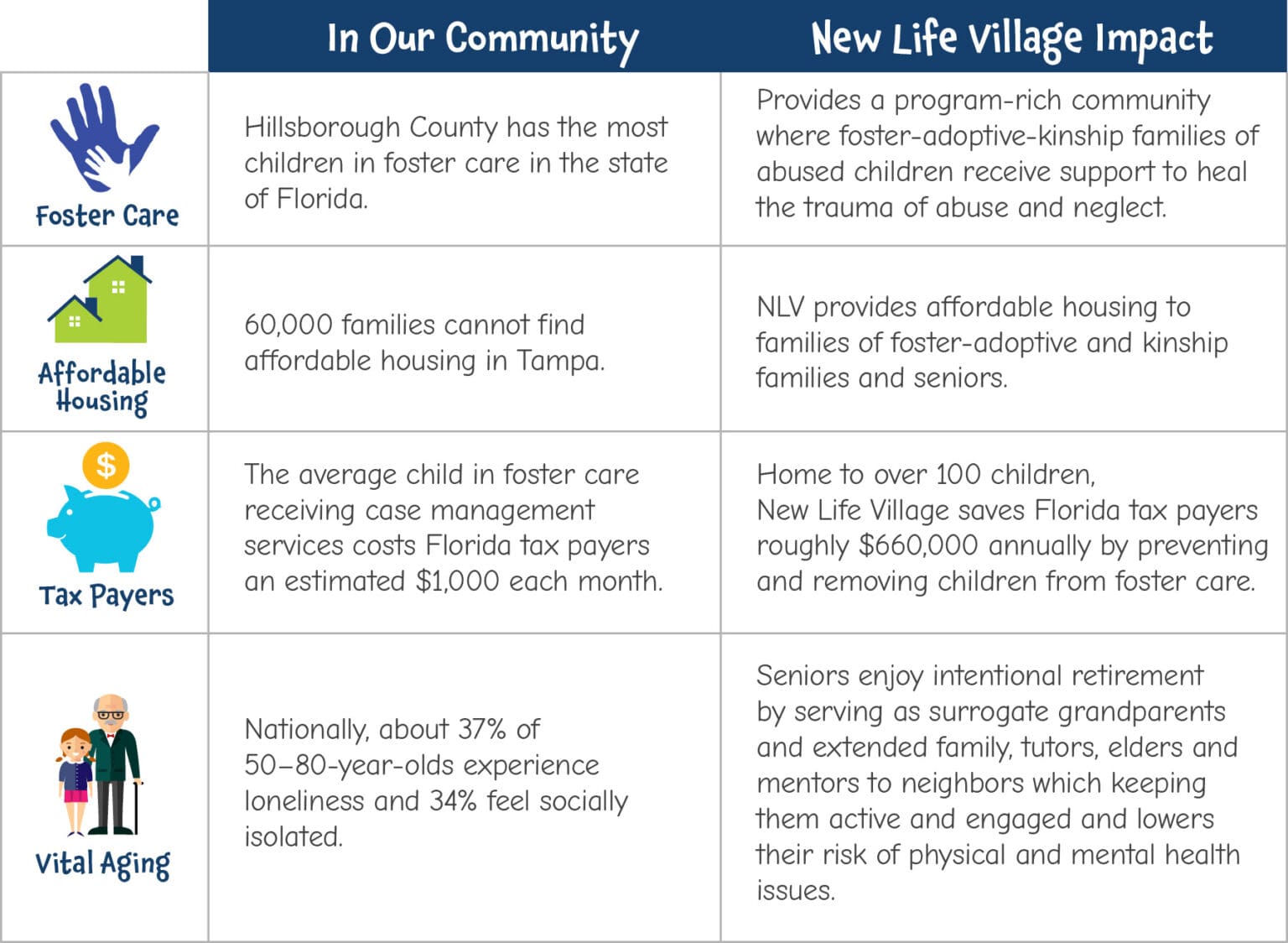
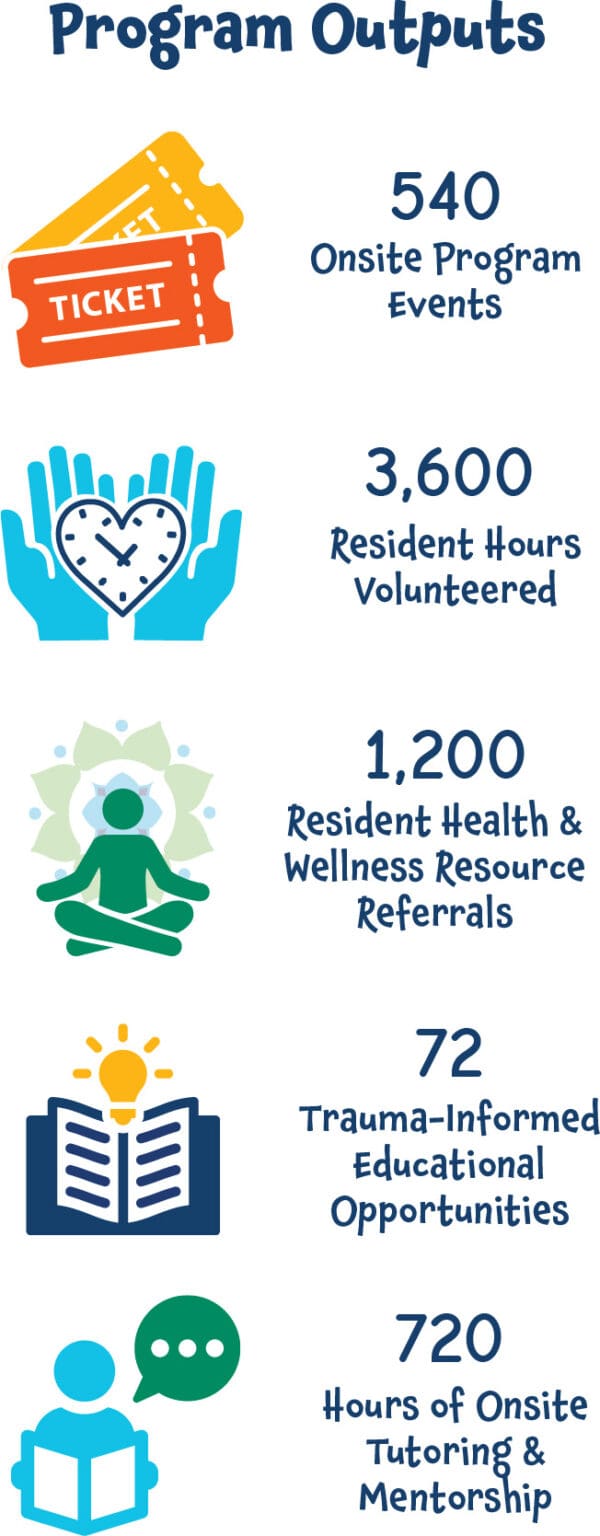
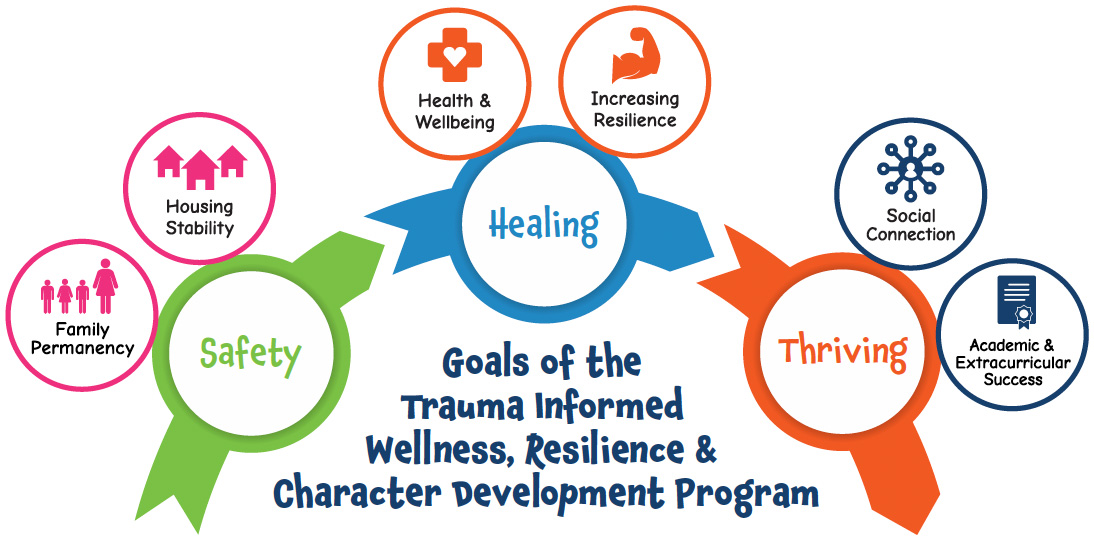
NLV’s Wellness, Resilience and Character Development Program Outcomes
Data Collection Notes: Data for fiscal year 23/24 was collected from residents living at New Life Village for at least 90 days, excluding children under the age of five. All outcomes reflect a combination of agree and strongly agree responses.
Preventative Onsite Programming
Our program aims to prevent the numerous, negative outcomes associated with the foster care system such as:
Education: Former foster children have a lower level of education than peers their age and are more likely to repeat grades
- Only 50% graduate high school and only 3% graduate from a 4-year college (National Foster Youth Institute)
Homelessness: Disproportionate number of the homeless have spent time in foster care
- Nationally, 50% of the homeless population spent time in foster care
- According to Foster Focus, within 18 months of emancipation 40-50% of foster youth become homeless
Teen Pregnancy: Youth who have spent time in foster care are more likely to experience early pregnancy. According to the Center for Health Systems Research:
- 49% of the young women became pregnant by age 21
- 33% of young men reported getting someone pregnant by age 21
Incarceration: More foster children end up in prison than in college
- Former males foster children have an arrest rate between 25-35%
- 25% of foster alumni will become involved with the criminal justice system within two years of leaving care
Mental Health: Psychiatric referral and use were higher for foster children than adoptees or persons in the general population
- Up to 80% of children in foster care have significant mental health issues
- According to a U.S. Government Accountability Office, foster youth are up to four times as likely to be prescribed antipsychotic drugs as other minors
Unemployment
- 47-69% of former foster youth age 16-24 are unemployed (Annie E. Casey Foundation)
- 71% of former foster youth who do have jobs report an annual income of less than $25,000
A Social Return on Investment
Each child who finds a forever family and lives at New Life Village saves human services approximately $439,000 annually in foster care payments. The 100+ youth currently living at New Life Village saved a potential $30 million in lifetime costs to the system. Social costs are taxpayer-funded costs such as public assistance, incarceration, and other costs absorbed by the community.
Social isolation increases Medicare costs by an estimated $6.7 billion per year; New Life Village’s program of reducing social isolation in elders works to lift some of this financial burden on the system.
